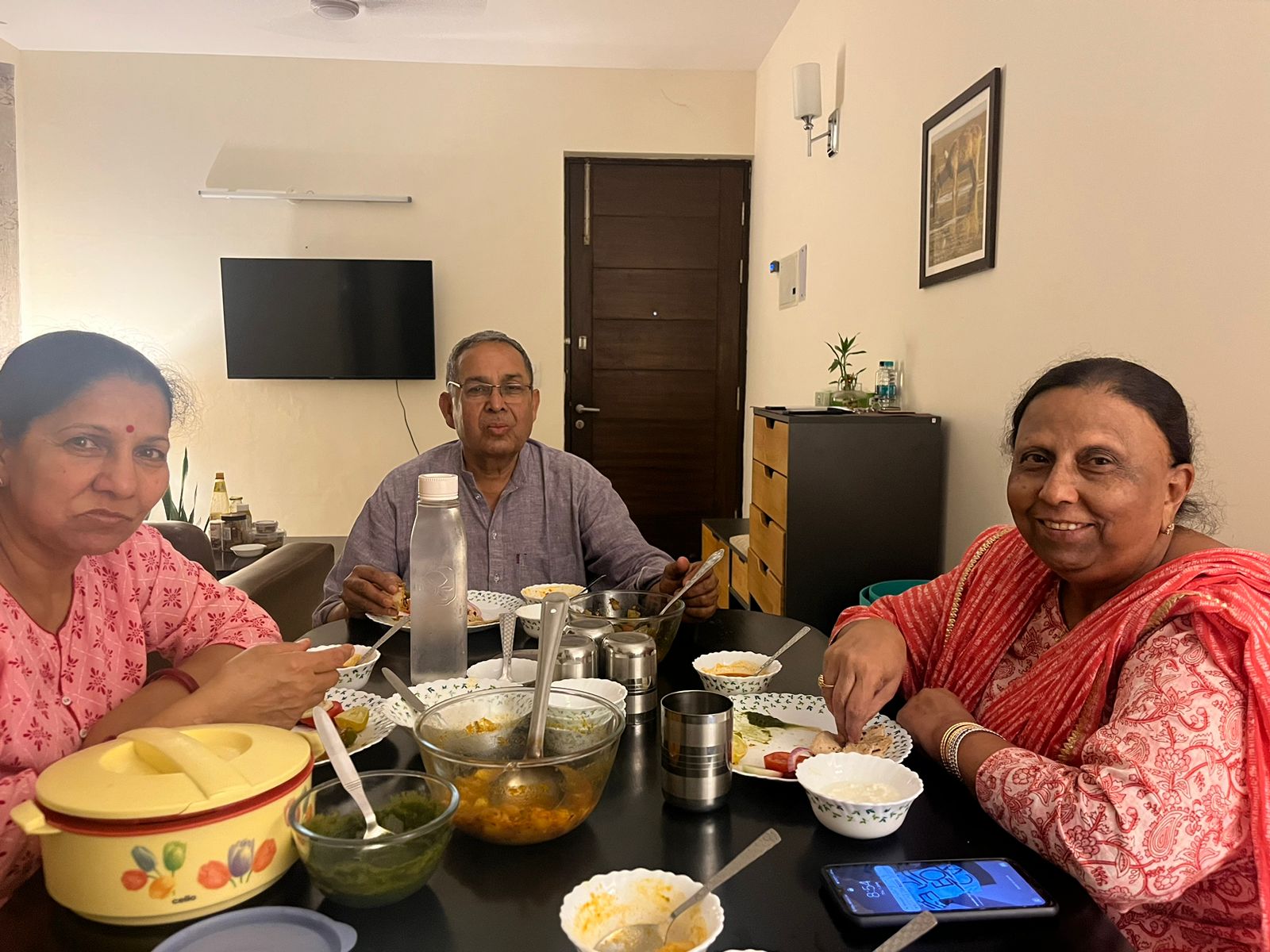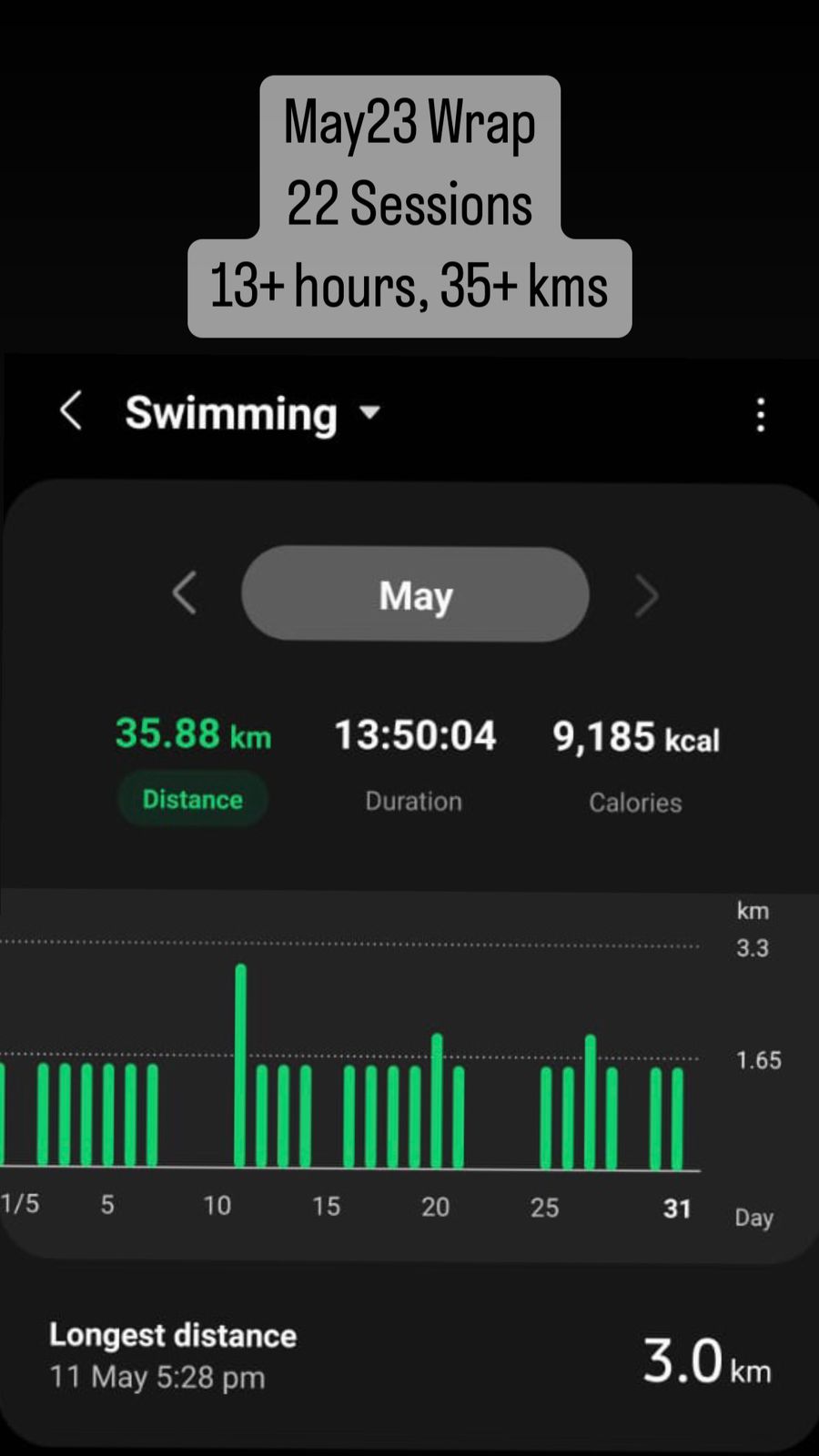Moving into a new apartment is an exciting milestone, filled with the promise of a fresh beginning. As I am preparing to settle into my new rental apartment in Gurgaon, I embarked on a furniture shopping journey to transform empty spaces into a cozy and inviting home. I explored the top three rental stores in India - Urban Ladder, Pepperfry, and Wooden Street - and how I carefully curated a collection of furniture to align with my style and needs.
Simplicity carried to an extreme becomes elegance.
The Quest for Quality and Style
With a clear vision in mind, I set out to find furniture that blended both quality craftsmanship and stylish aesthetics. Urban Ladder, known for its contemporary designs, offered a wide selection of furniture options. From elegant sofas to chic dining sets, I discovered pieces that resonated with my personal style, ensuring a seamless integration with the overall ambiance of my new apartment.
Sales Expert: Ritika Gupta - 9521420831
Exploring Pepperfry's Vast Collection
Pepperfry, renowned for its vast collection of furniture, became my next destination. Browsing through their online store, I was delighted to find an extensive range of furniture, catering to various tastes and preferences. With each click, I explored the diverse options available for my bedroom, living room, and dining area. Pepperfry's commitment to providing furniture at affordable prices made it an ideal choice for furnishing my new space.
Sales Expert: Ravi Vaid - 8221009225
The Wood Craftsmanship of Wooden Street
Seeking timeless pieces crafted with the beauty of wood, I turned to Wooden Street. Their reputation for exceptional woodwork and attention to detail intrigued me. As I perused their collection, I fell in love with the elegance and durability of their furniture. From intricately carved bed frames to sturdy wooden wardrobes, Wooden Street offered me the perfect blend of functionality and aesthetic appeal.
Sales Expert: Arif Khan - 9773313477
Coordinating Deliveries for Moving Day
To ensure a seamless transition into my new apartment, I meticulously coordinated the deliveries of my chosen furniture from all three stores for 10th June, my moving-in date. This allowed me to plan my move with ease, knowing that everything I needed to create a comfortable living space would arrive on time.
The Joy of Personalization
Beyond the convenience of shopping from top rental stores, I relished the opportunity to personalize my furniture choices. I carefully selected colors, fabrics, and finishes that resonated with my taste and complemented the overall theme of my apartment. By infusing my unique style into the furniture selection process, I was able to create a space that felt truly like my own.
Furniture should always be comfortable. And always have a piece of art that you made somewhere in the home.
As I eagerly anticipate the next chapter of my life in my new rental apartment in Gurgaon, the process of furniture shopping proved to be an exhilarating journey. Through exploring Urban Ladder, Pepperfry, and Wooden Street, I discovered a wide range of high-quality furniture options that aligned with my style and needs. Coordinating the deliveries for my moving-in date added an extra layer of excitement, ensuring that my new home would be furnished and ready to welcome me from the moment I stepped through the door. With each carefully chosen piece, I am one step closer to creating a haven that reflects my personality and nurtures a sense of belonging.




